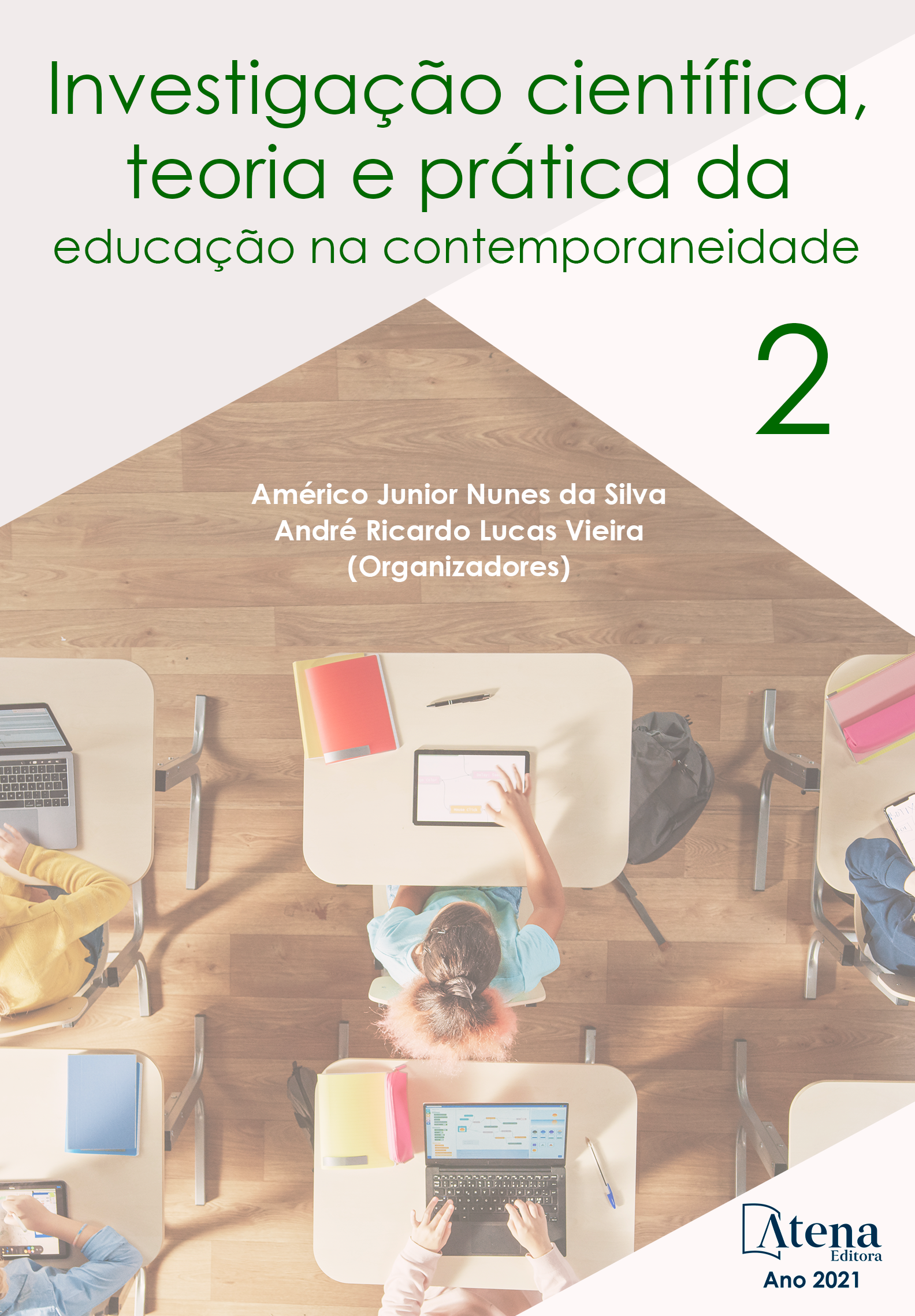
AVALIAÇÃO DA APRENDIZAGEM: O QUE REVELAM OS DISCENTES DO ENSINO SUPERIOR
O presente trabalho tem o intuito de apresentar resultados de uma pesquisa que investigou as concepções discentes sobre a avaliação da aprendizagem de acadêmicos do Curso de Pedagogia de uma Universidade Estadual Paranaense. Para fundamentar as discussões foi estabelecido diálogo com Cunha (2006), Brzezinski (2002), Soares e Cunha (2010), Veiga (2004), Freire (1970), Dias Sobrinho (2004), Luckesi (2011), Zabala (1998), Fernandes (2009), entre outros autores. A pesquisa de cunho qualitativa, utilizou de questionários para coleta de dados, após análise ficou evidente que 43,8% dos acadêmicos compreendem a avaliação como parte integrada ao processo ensino-aprendizagem, e nos revelam que alguns professores utilizam mais de um instrumento para verificar o nível de aprendizagem da turma, sendo o seminário o instrumento que apresenta o maior percentual (37%), embora a prática de seminários necessite de uma atenção maior, no que se refere a sua organização e objetivos que se deseja atingir. Os demais instrumentos citados pelos acadêmicos foram: a utilização de provas (33%) e a realização de trabalhos (30%). Os dados apontam para uma situação que faz-nos pensar, a utilização das metodologias de ensino na universidade, para que a avaliação seja processual e formativa e não como um caráter tradicional apenas de medida e seleção. O ensino e a avaliação não podem estar dissociados do processo de aprendizagem, essa fornece informações ao professor quanto ao desenvolvimento do acadêmico, bem como, dados para reflexão de sua própria prática pedagógica.
AVALIAÇÃO DA APRENDIZAGEM: O QUE REVELAM OS DISCENTES DO ENSINO SUPERIOR
-
DOI: 10.22533/at.ed.77921131214
-
Palavras-chave: Avaliação da aprendizagem. Ensino Superior. Discentes.
-
Keywords: Learning assessment. Higher education. Students.
-
Abstract:
The present work aims to present results of a research that investigated the student conceptions about the evaluation of the learning of students of the Pedagogy Course of a State University of Paraná. To support the discussions, dialogue was established with Cunha (2006), Brzezinski (2002), Soares and Cunha (2010), Veiga (2004), Freire (1970), Dias Sobrinho (2004), Luckesi (2011), Zabala (1998), Fernandes (2009), among other authors. The qualitative research used questionnaires for data collection, after analysis it was evident that 43.8% of the students understand the evaluation as part integrated to the teaching-learning process, and reveal that some teachers use more than one instrument to verify the level of learning of the class, and the seminar is the instrument that presents the highest percentage (37%), although the practice of seminars requires greater attention, with regard to its organization and objectives that one wishes to achieve. The other instruments mentioned by the students were: the use of tests (33%) and the performance of papers (30%). The data point to a situation that makes us think, the use of teaching methodologies in the university, so that the evaluation is procedural and formative and not as a traditional character only of measure and selection. Teaching and evaluation cannot be dissociated from the learning process, this provides information to the teacher regarding the development of the academic, as well as data for reflection of their own pedagogical practice.
-
Número de páginas: 13
- Viridiana Alves de Lara Silva
- Osmar Mackeivicz


